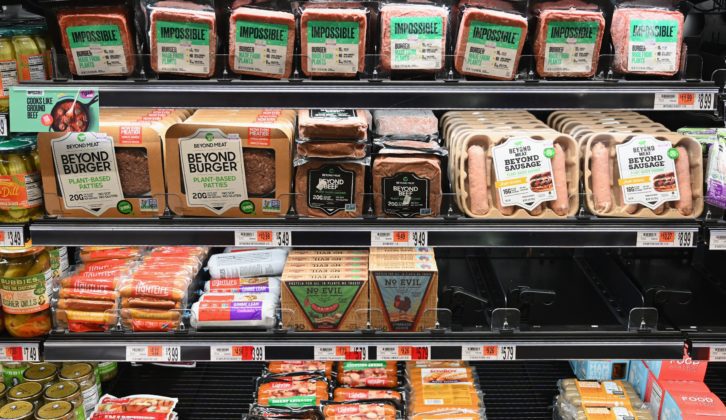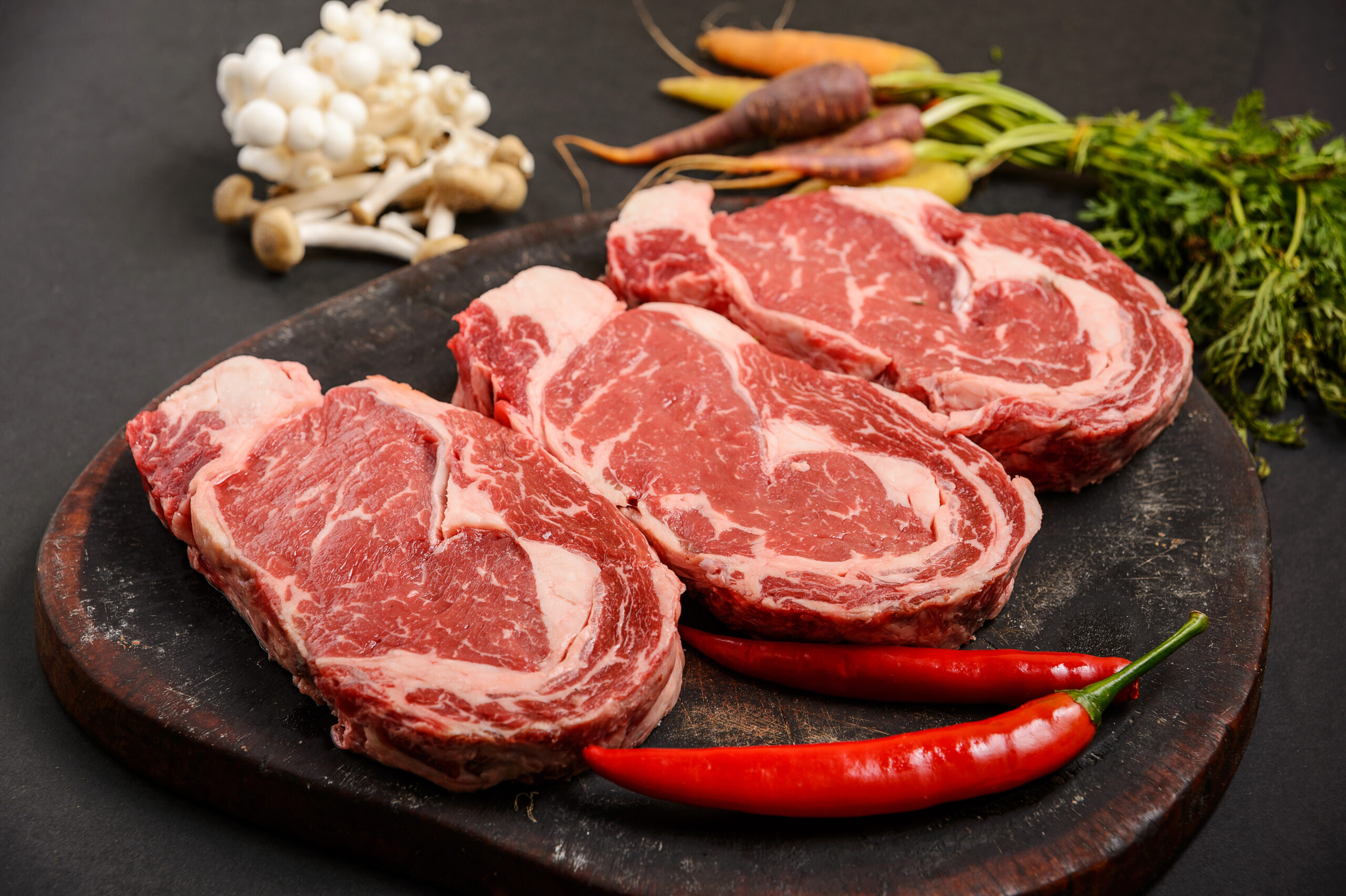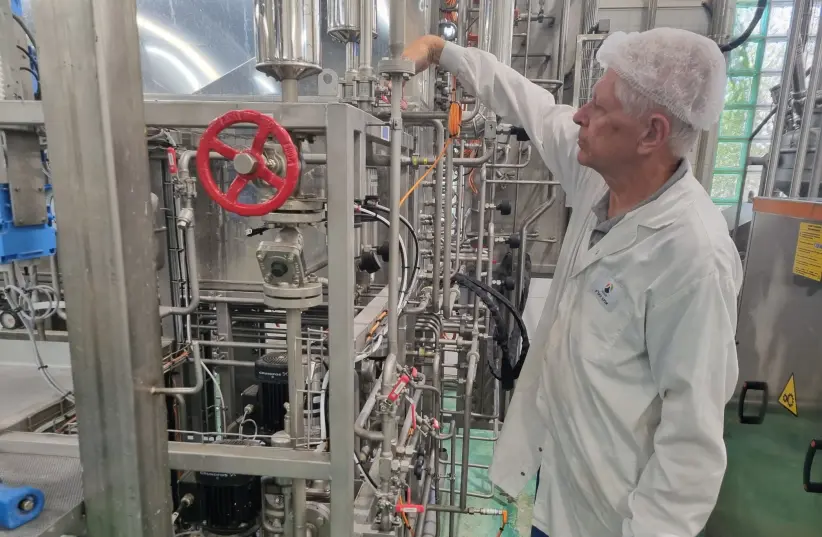The food industry in India has welcomed new flavours, ingredients, and recipes in the last few years. Among all, cheese has risen to the top of the food chain, largely due to its delectable flavour and gooey texture in pizzas, pasta, salads, burgers, and sandwiches. However, the consumer preferences for the type of cheese are gradually shifting. People have become increasingly conscious of the environment. It is especially true for the new generation, who is more conscious about what they eat and if it is nutritious and environment friendly.
A shift in consumption patterns
Vegetarianism has been widely popular in India for ages, but the newly instilled environmental consciousness has boosted the green wave across the country. It is gradually increasing proponents of vegan culture. A survey even claimed that 63% of respondents in India consumed plant-based alternatives to animal-based food products. Nowadays, most consumers deliberately opt for food items that are healthier and have the least repercussions on the environment.
This new-age trend for healthier diets accelerated multi-fold, especially after the pandemic. By 2030, the global market for plant-based food is expected to witness five-fold growth. In addition to plant-based meat, the alternative dairy industry has seen significant growth. Given the wide-scale popularity of nutrition-rich alternatives to dairy milk and cheese, the plant-based dairy industry has the potential to double in the next few years.
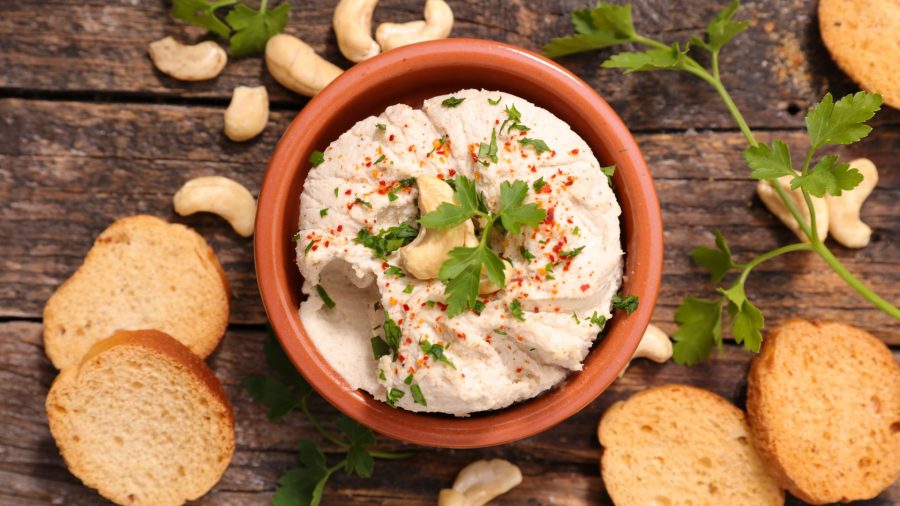
Increasing demand for plant-based dairy
Interestingly, it’s not just vegans and vegetarians who are driving the change. An increasing number of meat eaters are opting to incorporate more plant-based meals into their diet. Plant-based dairy in India is expected to grow at a CAGR of 20.7 % to reach US$63.9 million by 2024, with an estimated value of US$21 million compared to the animal-derived dairy industry’s value of US$140 billion.
Notably, people are attempting to make conscious decisions by opting for dairy alternatives to reduce their carbon footprint. In addition, the rage against animal cruelty is driving more individuals, especially millennials and GenZ, to prefer plant-based food products, particularly milk and cheese. With vegan cheese gradually expanding its foothold in the market, India is indeed at the cusp of a new food revolution.

Vegan cheese is hitting the grocery shelves
The food industry is undergoing a rapid shift as veganism, and plant-based diets gain popularity. In recent years, a variety of dairy alternatives have hit the market. Since vegan cheese is now readily available, more people are rapidly favouring labels with “clean” ingredients. Vegan or plant-based cheese is essentially made from soy, almond, cashew, and other nut-based ingredients. Primarily, it includes cheese analogs (made from plant-based oil and starch) and fermented cheese (made from nuts).
Plant-based cheese is available in India, but there isn’t as much variety as there is for dairy cheese. However, this scenario is changing. As hotels, restaurants, and food outlets include vegan meals on their menus, the food service industry is significantly contributing to the growth of the vegan cheese market. More businesses have started experimenting and developing new cheese substitutes in response to the expanding demand.
Vegan cheese is here to stay
Initially, the response to plant-based cheese wasn’t all favourable. Consumers often had concerns about its price, nutritional value, and taste. For dairy cheese lovers, adapting to the vegan alternative is not as easy. But, innovation in the dairy alternative industry has gradually made it possible to create gooey, cheesy, and nutritious plant-based cheese.
Most players in the plant-based cheese industry are now focusing on three elements – cheese types, taste, and price.
For cheese lovers, getting variants ranging from parmesan, ricotta, spreads, cheddar, and mozzarella to feta makes switching to plant-based cheese easier. The attention is, therefore, mostly on creating new assortments that offer an authentic cheese-like taste. While some players have cracked the code, others are working to ensure their plant-based cheese tastes identical to dairy cheese. It is a significant component that will fuel India’s vegan cheese market’s continuous growth.
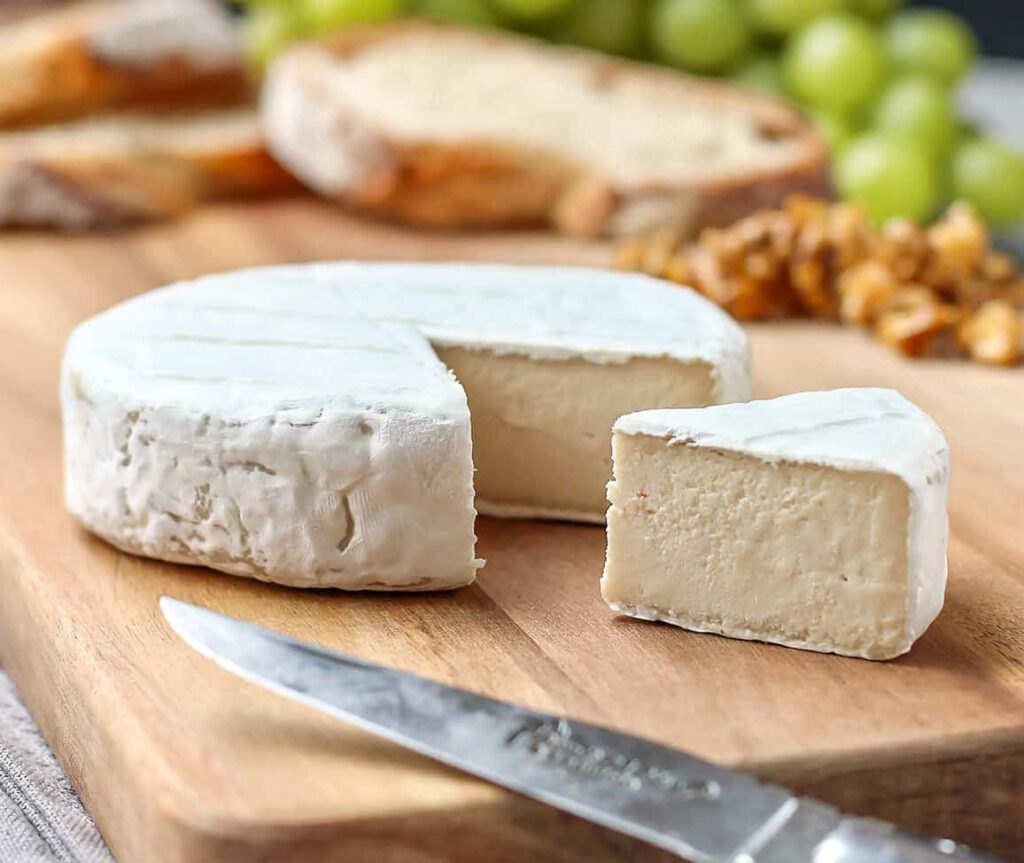
Price is undoubtedly a key consideration in the consumer market. Most vegan cheeses are comparatively higher priced than dairy cheese since they are derived from almonds, soy, or plant-based milk. Plant-based cheese is frequently the subject of consumer scrutiny. But, this is also gradually changing. Rampant innovation in the segment has led to a reduced cost of production and the final product. Additionally, the current economic climate has increased consumer spending on cheese and other healthier, more nutrient-dense, and environmentally-friendly plant-based dairy products.
Veganism; the potential answer to impending food insecurity
In the wake of global warming, increased floods and droughts have wreaked havoc on agricultural production across the world. In addition, the geopolitical turmoil surrounding the Ukraine-Russia conflict has exacerbated the food shortage. It has made a significant impact on the global food supply chain. With the world population going up, it is time we take corrective measures to restore the food supply for current and future generations.
Since livestock cultivation is energy exhaustive and needs more resources, shifting to plant-based agriculture will improve food production. While preserving natural resources, wide-scale veganism is the way to food security.
The bottom line
As more people become aware of the benefits of going vegan, the market for vegan cheese products has grown. Plant-based dairy alternatives are becoming increasingly popular among customers conscious of the ill effects of the dairy industry’s practices on the environment and animals. The current developments in the plant-based cheese industry look promising, thanks to the ongoing R&D and tech innovations that have made vegan cheese reach the masses. With the increasing foothold, the global vegan cheese market is expected to reach $ 7.10 billion by 2030, a growth of 12.6% in the next eight years.






